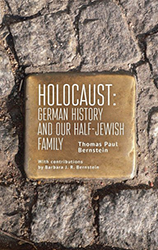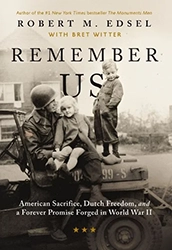Many readers pick up memoirs about families who survived the Holocaust and expect them to engage with every element of the Shoah. These demands are noble in nature, but they often overlook the fact that the experiences of the individual are what truly distinguish a memoir. Touching on philosophy or historical dates reinforces a work’s merit and professionalism, but an oversaturation of history is not always beneficial to the memoir’s artistic voice.
Evelyn Toynton’s They Were Good Germans Once is a work that foregrounds personal reflection, demonstrating the many ways a memoir can articulate difficult emotions and memories. It focuses on the matriarchs and female descendants of the Toynton family.
When the author touches on the experiences of each woman, her writing style is varied and unique. She describes how the women diverged from both German culture and traditional gender expectations. Toynton also explores the ways in which they found liberation despite loss — despite the cruel destruction of the orderly world that their ancestors were promised. As the book guides us through this personal history, we witness the long-lasting effects that the family patriarchs have on the young women’s lives and choices.
They Were Good Germans Once is proof that when one is ousted from the world they know, there are no easy answers — only memories and illuminating moments.
Isla Lader is a journalist and English MA student with a bachelors in political science. When they’re not writing, they are performing comedy, reading Table Top Role Play Guidebooks, or exploring alleyways for forgotten furniture.





